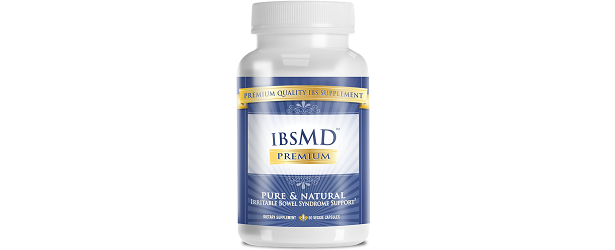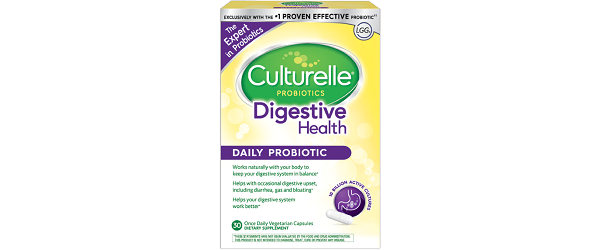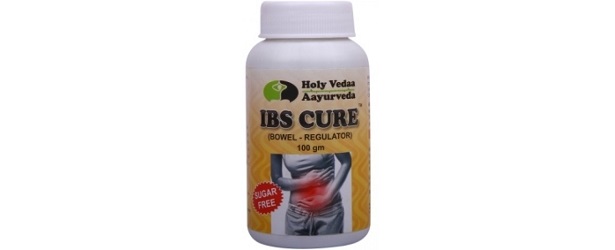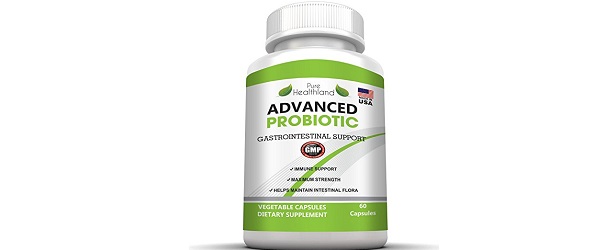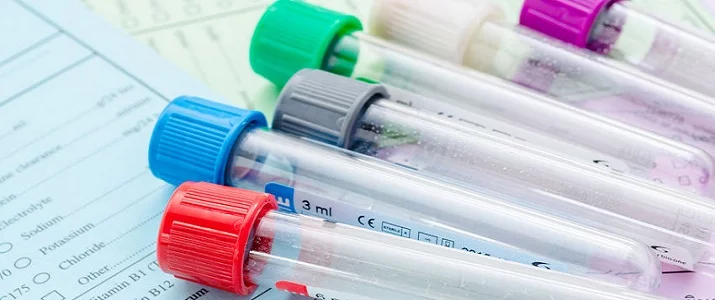
4 Tests To Correctly Diagnose Your IBS
IBS is an acronym for Irritable bowel syndrome. It affects your large intestine and its symptoms are cramping, bloating, and uncomfortable bowel movements. IBS goes undiagnosed in a lot of the population, as it is hard to diagnose. Mostly women 45 years old or younger are diagnosed with IBS: about 60% of people being treated for IBS are women. Although no definite reason has been found to cause IBS, there are several tests that you can do to rule out other diseases like colon cancer.
Stool Tests
You know already that any of these tests for IBS will be uncomfortable, strange, and a little embarrassing. However, if you keep in mind that this will help you feel better and keep your colon functioning normally, it will help keep your mind calm when going through any of these tests. Not all tests will be recommended to you; sometimes you’ll only need one or two tests.
The most common and helpful test to diagnose IBS is a stool test. This can be done at your home and you do not need more than a walnut-sized piece to give back to the doctor. Doctors can see the nutrients you may or may not be absorbing, and see possible signs of infection through the presence of parasites or blood.
Blood Tests
Blood work is done to look for celiac disease, which is the body’s inability to digest gluten. Celiac disease actually ruins the guy and intestines, so you have to be careful of your diet if you are diagnosed. If ruled out, you can rest easy knowing that IBS does not damage your intestines.
Colonoscopy
The most common reason of doing a colonoscopy is to look for colon cancer. However, this is not usually done with patients with IBS; a test is usually administered if someone in your family has had colon cancer, and if you are over the age of 50. You must prepare for a colonoscopy by sticking to a liquid diet for a few days before the procedure, and take laxatives before, as well. During the procedure, the doctor will insert a small camera into your rectum and check the lining of your colon and your large intestine.
Lactose Intolerance Tests
Being lactose intolerant has many of the same symptoms of IBS: gas, bloating, diarrhea and discomfort in your abdomen. Sometimes a person may have both IBS and lactose intolerance at the same time. To check if you are lactose intolerant, there are two tests you can do. One is called a breath-test, where you drink a beverage containing lactose, and afterwards, you blow up around eight medical bags every fifteen minutes. These bags are then tested for raised levels of hydrogen, which occurs when undigested lactose sits in the colon.
To Sum Up
Getting tested for IBS may be a long process with some uncomfortable tests, but it is worth it to undergo a few days of discomfort to find a correct diagnosis. There are many medications, diets and supplements on the market that can help you and improve your quality of life, so undergoing a test is the best solution for you.
TOP 5
IBSTreatments |
|||||
| IBS Clear | BioGanix BioZyme Digestive Enzymes | Nature's Sunshine Food Enzymes | Herbs of Gold IBS Advanced | Kijimea IBS | |
|---|---|---|---|---|---|
| 1 | 2 | 3 | 4 | 5 | |
| Price (1 bottle) Price (6 bottles) best value |
$49.95 $139.70 |
$45.95 $183.80 |
$39.95 $239.70 |
$39.95 $239.70 |
$42.94 $257.64 |
| Overall Rating | 98.7% | 82.00% | 71% | 64% | 61% |
| Effectiveness |





|





|





|





|





|
| Speed of Results | Extremely Fast | Fast | Good | Average | Slow |
| Quality of Ingredients | Premium | Good | Good | Average | Average |
| Customer Satisfaction Evaluation | 99.50% | 81% | 79% | 72% | 68.2% |
| Safety Evaluation | Safe for Use | Safe for Use | Safe for Use | Safe for Use | Safe for Use |
| Customer Service Rating |





|





|





|





|





|
| Reorder Rate | Highest | Good | Average | Good | Average |
| Return Policy | Risk Free | Unused | Risk Free | Unused & Unopened | No |
| Success Rate | 99.60% | 83% | 77% | 71.20% | 69.2% |

 Subscribe Now
Subscribe Now






